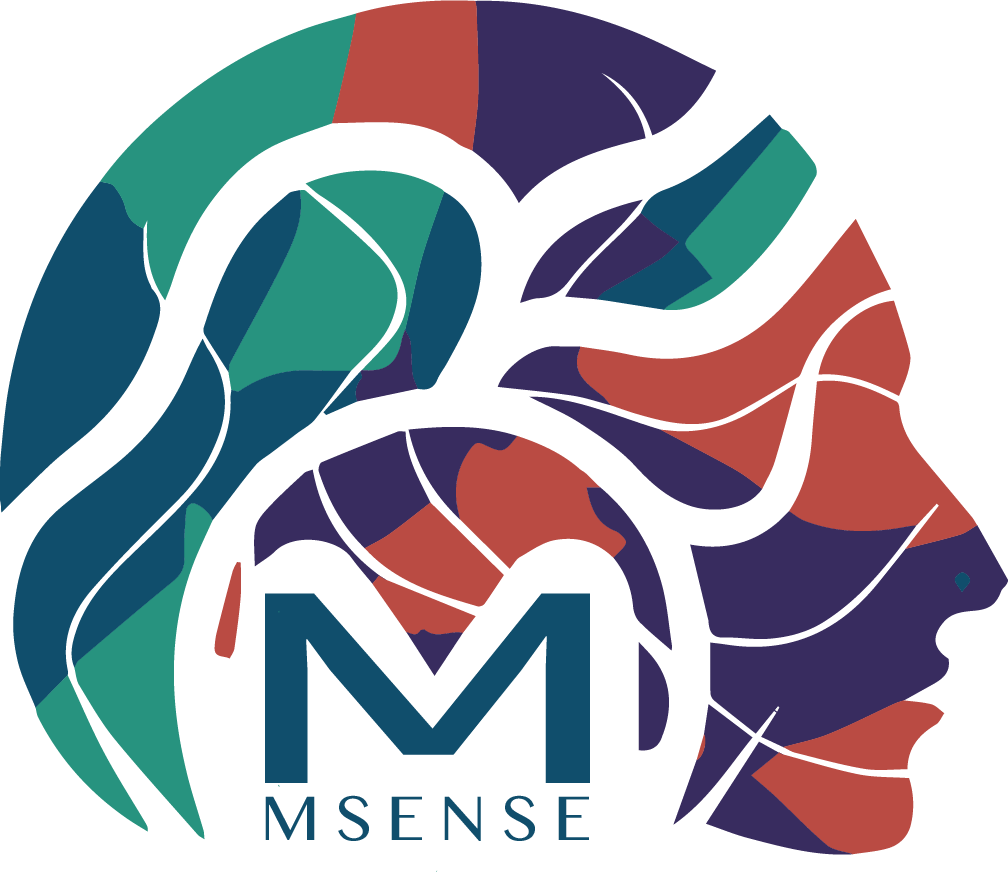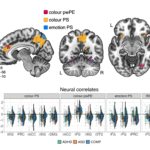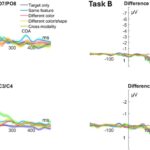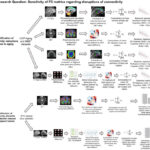Context plays a critical role in directing our attention, as we often subconsciously learn associations between targets and their surroundings to enhance performance. The flexibility of these associations, especially when multiple targets are involved, remains unclear. Our team members Artyom Zinchenko (LMU Munich, Germany) and Xuelian Zang (Hangzhou Normal University, China) tackled this issue using EEG recordings to monitor brain activity.
The study required participants to identify specific targets within repetitive distractor configurations on a screen. Results indicated that while familiarity with these configurations generally improved target detection speed, its benefits were limited. When displays included two potential target locations, only one—the ‘dominant’ target—gained from contextual learning, highlighted by early EEG markers N1pc and N2pc, which indicate focused attention. The ‘minor’ target, however, triggered a different, later EEG component, the N400, suggesting different underlying cognitive processes.
This work has recently been published in Cortex: https://doi.org/10.1016/j.cortex.2024.04.001.
Zinchenko, A., Geyer, T., Zang, X., Shi, Z., Müller, H. J., & Conci, M. (2024). When experience with scenes foils attentional orienting: ERP evidence against flexible target-context mapping in visual search. Cortex; a Journal Devoted to the Study of the Nervous System and Behavior, 175, 41–53. https://doi.org/10.1016/j.cortex.2024.04.001






